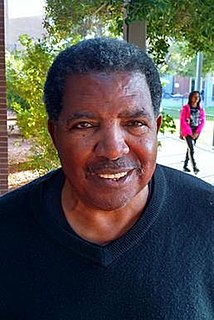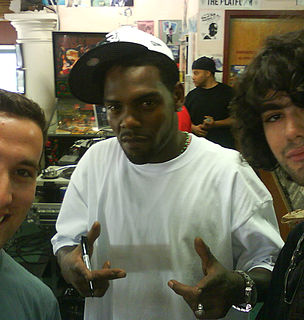A Quote by Lidia Yuknavitch
Most of my formal choices are a combination of everything I learned about form - semiotics, linguistics, and the history of style experimentations tethered to literary movements (formalism, deconstruction, modernism, and postmodernism), and the basic principal of breaking every rule I ever learned from a patriarchal writing tradition that never included my body or experience, and thus has nothing to offer me in terms of representation.
Quote Topics
About
Basic
Body
Breaking
Choices
Combination
Deconstruction
Ever
Every
Everything
Experience
Form
Formal
History
Included
Learned
Linguistics
Literary
Me
Modernism
Most
Movements
Never
Nothing
Offer
Patriarchal
Postmodernism
Principal
Representation
Rule
Semiotics
Style
Terms
The History Of
Thus
Tradition
Writing
Related Quotes
At its most basic we are discussing a learned skill (writing), but do we not agree that sometimes the most basic skills can create things far beyond our expectations? We are talking about tools and carpentry, about words and style... but as we move along, you'd do well to remember that we are also talking about magic.
Everything I learned about women, I learned from the ages of 13-16. Every girl would talk to me about their problems, and none of them wanted to date me. So, I learned all of these things. So, when I finally got to the place where I could hit on girls, I just referenced back to all the things that I learned in high school.
I'm just talking in my songs about what's going on, what's exactly happening right now. If I was upset about something, I wrote a song. There's nothing I can't speak on. And everything I learned is from real-life experience, all first-hand: contracts, record companies, representation, everything. It's not from books: It's coming from the the heart. You can feel my pain, you can hear me turning my pain into a party. I'm not gonna let no one take the fun out of it.
What experience and history teach is this - that nations and governments have never learned anything from history, or acted on any lessons they might have drawn from it. Variant: What experience and history teach is this - that people and governments never have learned anything from history, or acted on principles deduced from it.
I had studied Irish history. I had read speeches from the dock. I had tried to fuse the vivid past of my nation with the lost spaces of my childhood. I had learned the battles, the ballads, the defeats. It never occurred to me that eventually the power and insistence of a national tradition would offer me only a new way of not belonging.
All sentences of the type 'deconstruction is X' or 'deconstruction is not X', a priori miss the point, which is to say that they are at least false. As you know, one of the principal things at stake in what is called in my texts 'deconstruction', is precisely the delimiting of ontology and above all of the third-person present indicative: S is P.


































